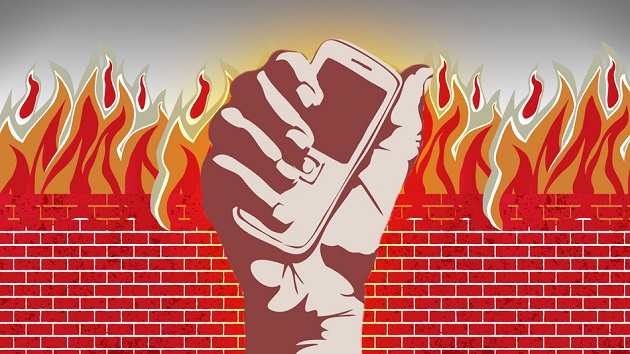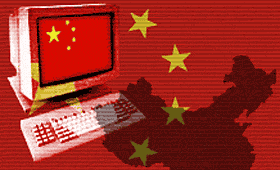On Sunday, May 7, 2017, China pledged to further tighten its dragon grip on internet regulations by exerting more control over search engines and online news portals. This is considered to be the latest step taken by President Xi Jinping to set the communist party’s foot down on internet control in China.

“Cyber sovereignty” has been Xi Jinping’s highest priority to reinforce “security” by making internet censorship and surveillance one of the primary roles of the Communist Party in China together with gagging online discussions.
The Communist party together with the State Council released a five-year cultural development and reform plan to “perfect” internet laws and regulations. This plan includes a qualification system for employees working in online news.
According to the official Xinhua news agency, “Strike hard against online rumors, harmful information, fake news, news extortion, fake media and fake reporters”.
Without giving any further details, Jinping has been very clear and strict about the fact that the media must walk hand in hand with the party and follow in its footsteps to provide “correct guidance” on public opinion and promote “positive propaganda“.
Jinping holds a higher priority than the existing censorship and blocking of popular giant websites, such as: Facebook and Google. Later in April, the Chinese government had released more inflexible rules on online news portals and network providers.
Furthermore, Internet Regulators in China agree with Jinping – naturally- that this kind of control is exactly what China needs to stand up against the dangerous growth of cyber security threats as long as it complies with the country’s laws.
It is very clear that China will not stop until it achieves full control over the flood of information spread among its citizens through social media, messaging apps, online news portals, etc.
Qiao Mu, a Chinese media expert told AP: ‘This is aimed at the companies rather than the individual users. It’s not only to ideologically control information, but also to control the source of the information.’
Finally, if news media portals do not comply with Jinping’s new laws, they will face criminal prosecution for failure to “safeguard national interest”.


